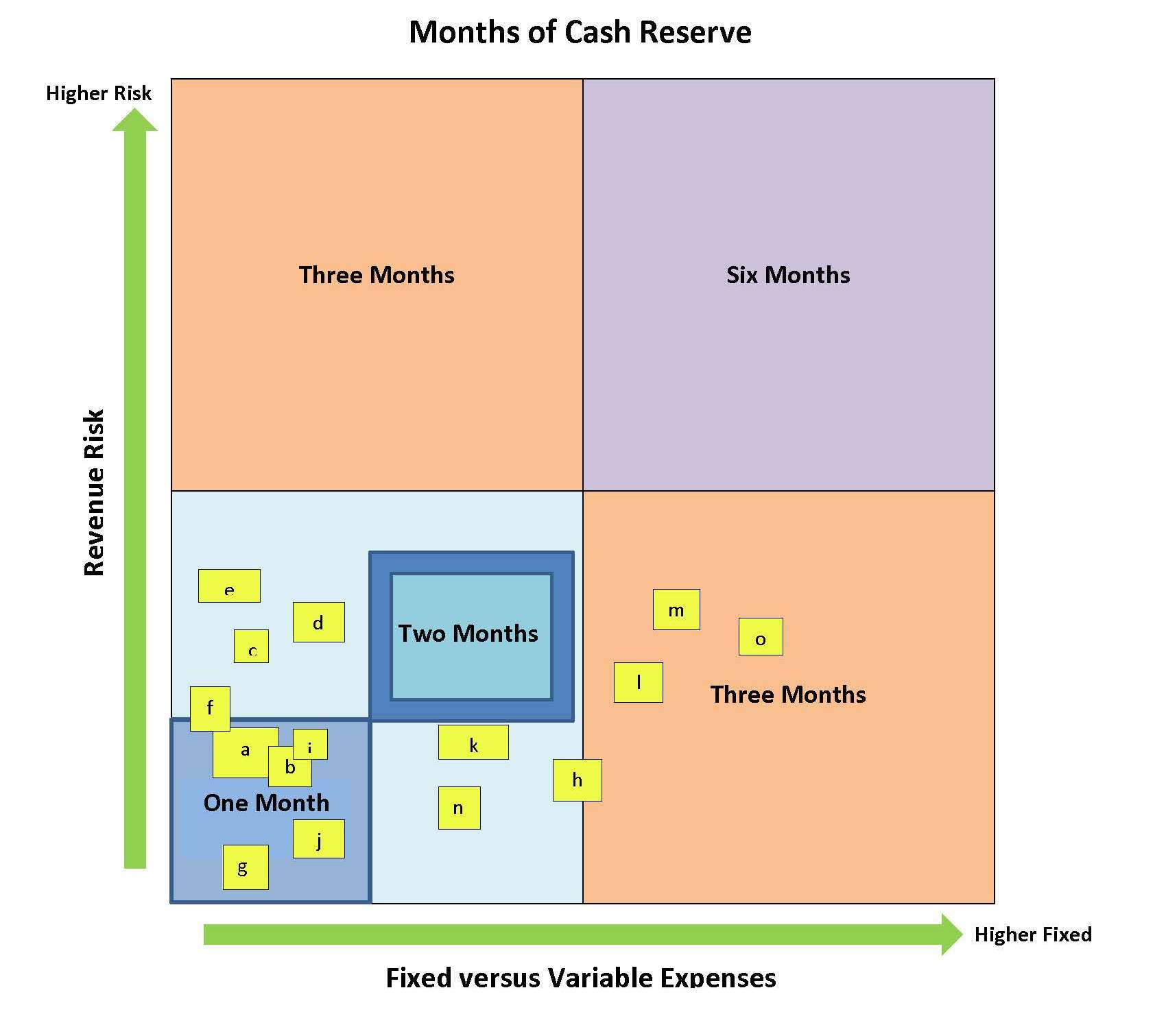Gene Gregory is a director of Warren Whitney, working with clients requiring senior level operations, accounting, or financial management. He brings over 30 years of progressive experience helping organizations establish and meet growth and profitability through active and ongoing management decision making.
Management Experience:
Gene generally serves clients in the role of CFO or COO. He brings to clients a creative and enthusiastic, but studied approach to problem solving and broad, multidisciplined experience in effectively managing numerous projects and people to meet organizational goals.
Gene has served Warren Whitney for over twelve years, starting originally in 1993, with a break in service for a successful 11-year entrepreneurial stint as an owner of a specialized home medical equipment company. Returning in 2007, Gene has continued to serve not-for-profit clients with a variety of social enterprises and missions and business clients in a variety of industries. Clients have included:
- A local mental health and educational services organization,
- A multi-location health and fitness business,
- A regional family-owned quarry operation,
- A national membership organization,
- A local home health agency,
- A regional computer value-added reseller,
- A local family-owned heavy equipment service center,
- A local home health agency,
- A local performing arts organization.
Gene assists clients by identifying the organization’s strengths and weaknesses in operational and financial systems and processes, helping clients leverage strengths and correct deficiencies. Because of his broad functional experience, he favors comprehensive management to achieve an organization’s goals and can perform as a leader or management team member.
From 1996 to 2006, he was the senior vice president and part owner of Medical Modalities Inc. (MMI), a North Carolina based home medical equipment dealer. During that tenure with MMI, he managed operational and financial functions of the company, leading the company from its small business roots to regional recognition and success. He formalized organization and processes as the staff grew in number from eight to 55. Working with his partner, the company’s founder and president, Gene helped MMI open new product markets in profitable niches. Sales grew 800% over 10 years and the company’s market expanded from one to five states. The partners sold the company to a venture capital group with the financial capabilities to launch a national expansion, thus meeting a goal set when Gene joined MMI.
Prior to Gene’s earlier years with Warren Whitney, he was a senior manager for McGladrey & Pullen, a national public accounting and consulting firm. He coordinated financial consulting, auditing, and accounting services to manufacturing, distribution, and service companies, as well as to a variety of not-for-profit organizations including colleges, trade associations, and charitable entities. Perhaps uniquely, his experience with non-taxable entities added a fundamental knowledge of fund accounting and government reporting requirements to his other business skill sets. Before joining McGladrey & Pullen, Gene was an instructor of accounting and economics at Averett College.
Education and Professional Associations:
Gene holds an MBA from the University of North Carolina at Greensboro and a BA in Economics from Clemson University. He is licensed as a Certified Public Accountant by the Commonwealth of Virginia. He is a past member of the American Institute of Certified Public Accountants, the Virginia Society of Certified Public Accountants, the North Carolina Association of Medical Equipment Suppliers and the Virginia Government Finance Officers Association.




